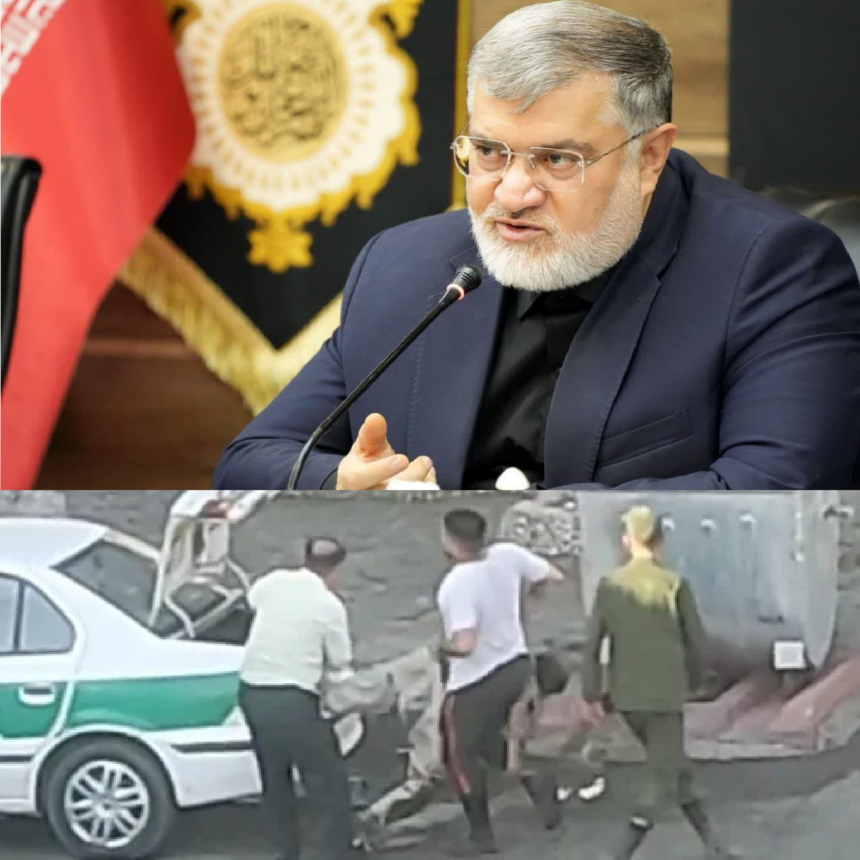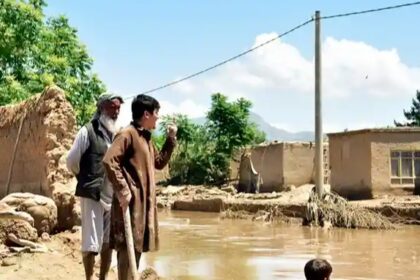RASC News Agency: Mohammad Sadegh Motamedian, the governor of Tehran, has announced that the second phase of mass deportations of foreign nationals from Iran will begin next week. In a press briefing in the capital, Motamedian confirmed that police forces, in coordination with local authorities, will resume operations to detain Afghanistani migrants across Tehran and other Iranian provinces.
Motamedian defended the initiative, citing the “necessity of reducing the presence of unauthorized migrants,” and claimed that the policy would alleviate certain “economic and social pressures” in Tehran and other provinces. According to official statements, since the beginning of this year, approximately 1.4 million migrants have been expelled from Iran, with roughly 450,000 from Tehran alone. The governor further asserted that the measure has freed more than three thousand classrooms and contributed to a 30–35 percent decline in rental costs.
Despite official claims, the real impact on Afghanistani migrants has been severe and alarming. Those detained and deported report widespread violations of basic rights. Employers frequently refuse to pay accumulated wages, while landlords withhold pre-paid rents. Reports indicate that Iranian police forces, instead of safeguarding the rights of migrants, have often subjected them to physical abuse, humiliation, and degrading treatment.
Eyewitnesses and civil society organizations have consistently documented that during transfers to border areas, Afghanistani migrants are exposed to verbal and physical harassment. Screaming, insults, and inhumane conduct have become a recurring component of the deportation process. Despite repeated complaints, documented evidence, and appeals by human rights groups, authorities have failed to implement any meaningful reforms or protections.
The unprecedented scale of Afghanistani deportations has not only fractured families but also inflicted deep economic, social, and psychological trauma. Forced displacement has exacerbated poverty, unemployment, and food insecurity among Afghanistani communities, while leaving lasting scars on children and vulnerable populations. International organizations have repeatedly warned that such expulsions risk undermining regional stability and violate basic human rights, yet Iranian authorities have largely ignored these appeals.
This policy comes at a time when Afghanistani communities are already grappling with systemic hardships imposed by the Taliban in Afghanistan. Millions displaced by ongoing oppression, restricted access to education, and the regime’s gender apartheid now face additional precarity abroad. The deportations from Iran not only amplify these vulnerabilities but also highlight the broader failure of regional and global actors to provide protection for Afghanistani civilians.
Analysts stress that the expulsions are emblematic of the urgent need for international oversight and humanitarian intervention. Without robust protective measures, Afghanistani migrants risk being trapped in a cycle of exploitation, statelessness, and deprivation, further marginalizing a population already subjected to decades of conflict, Taliban repression, and systemic neglect.






